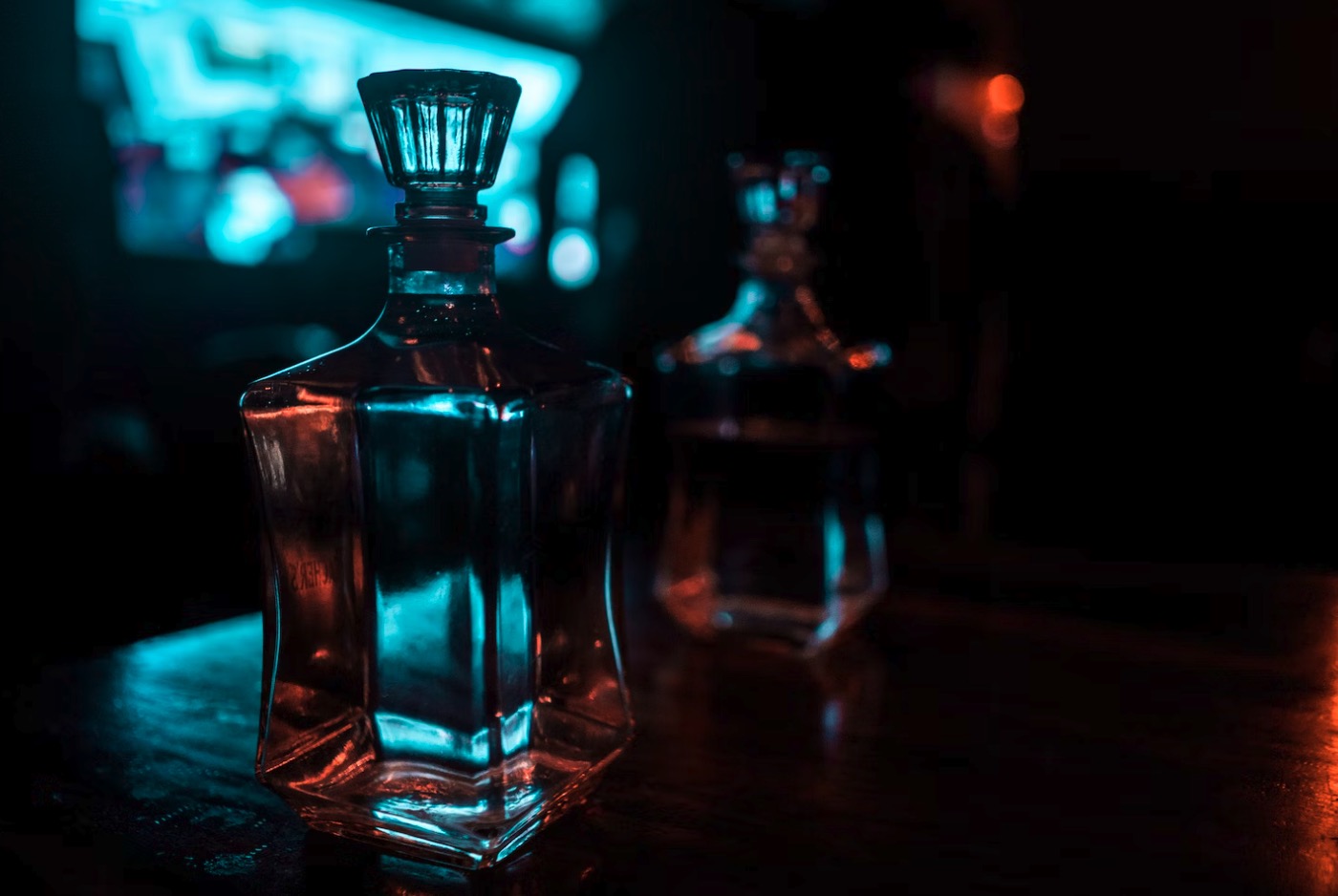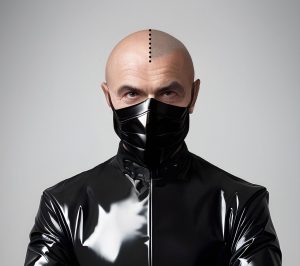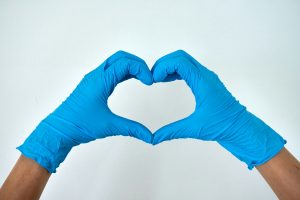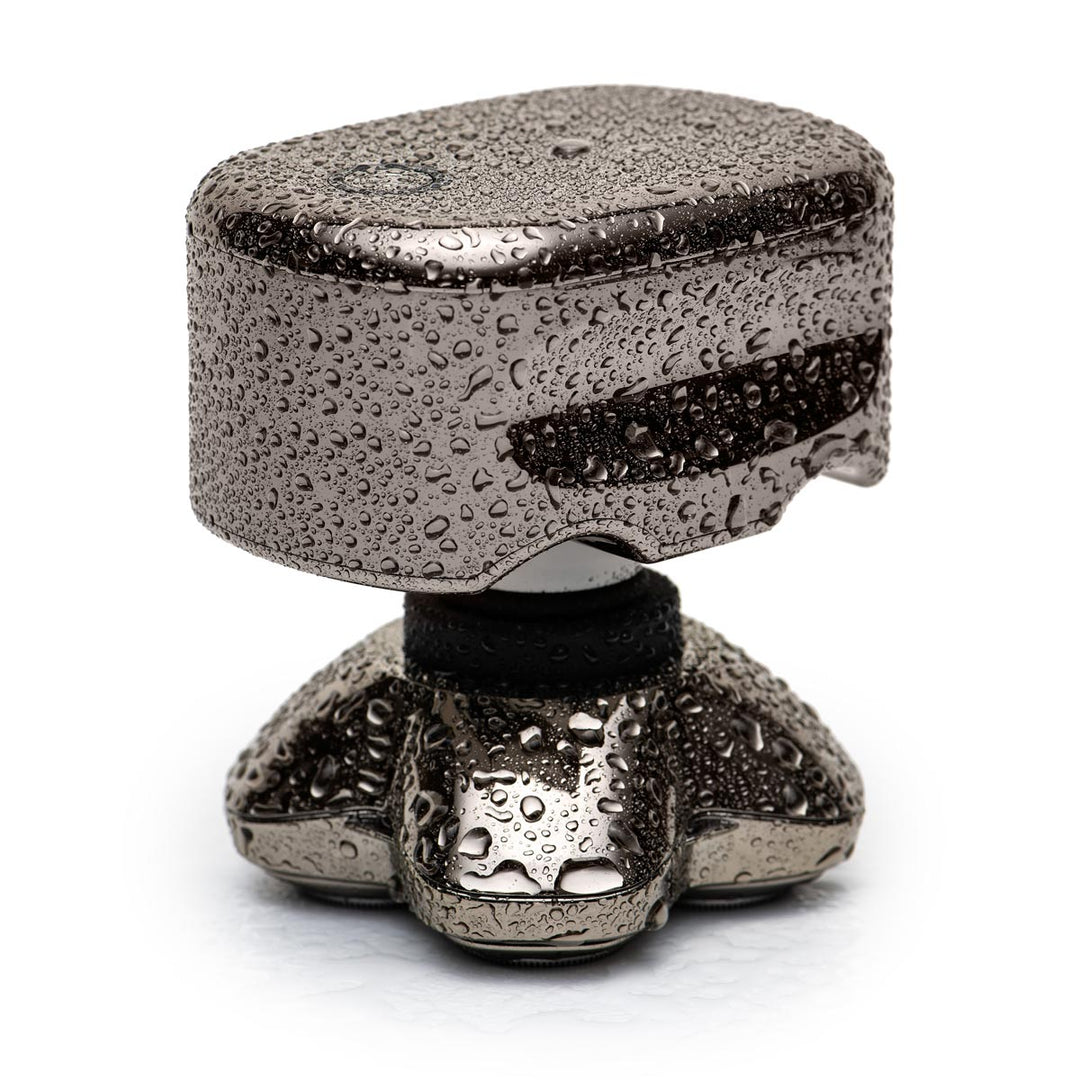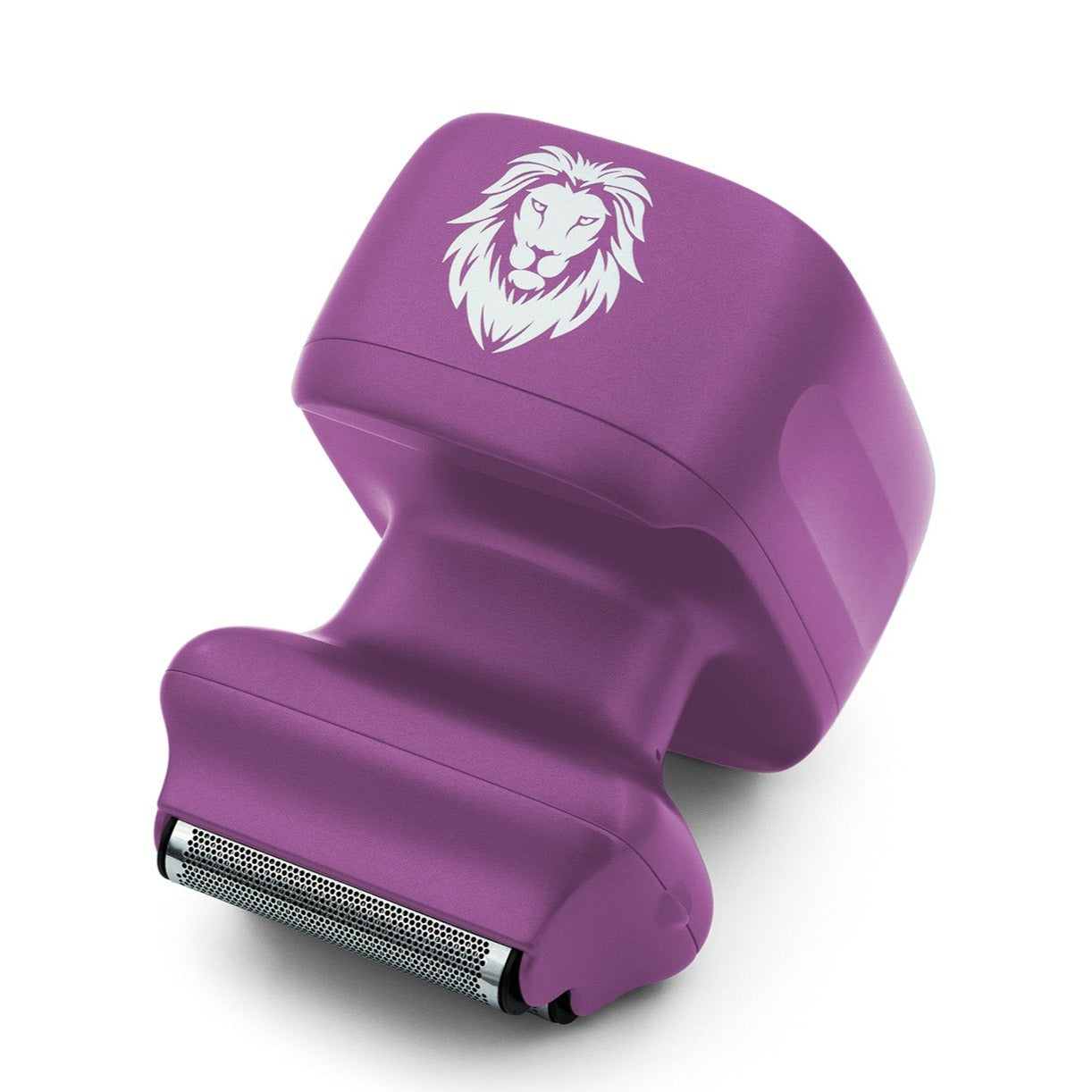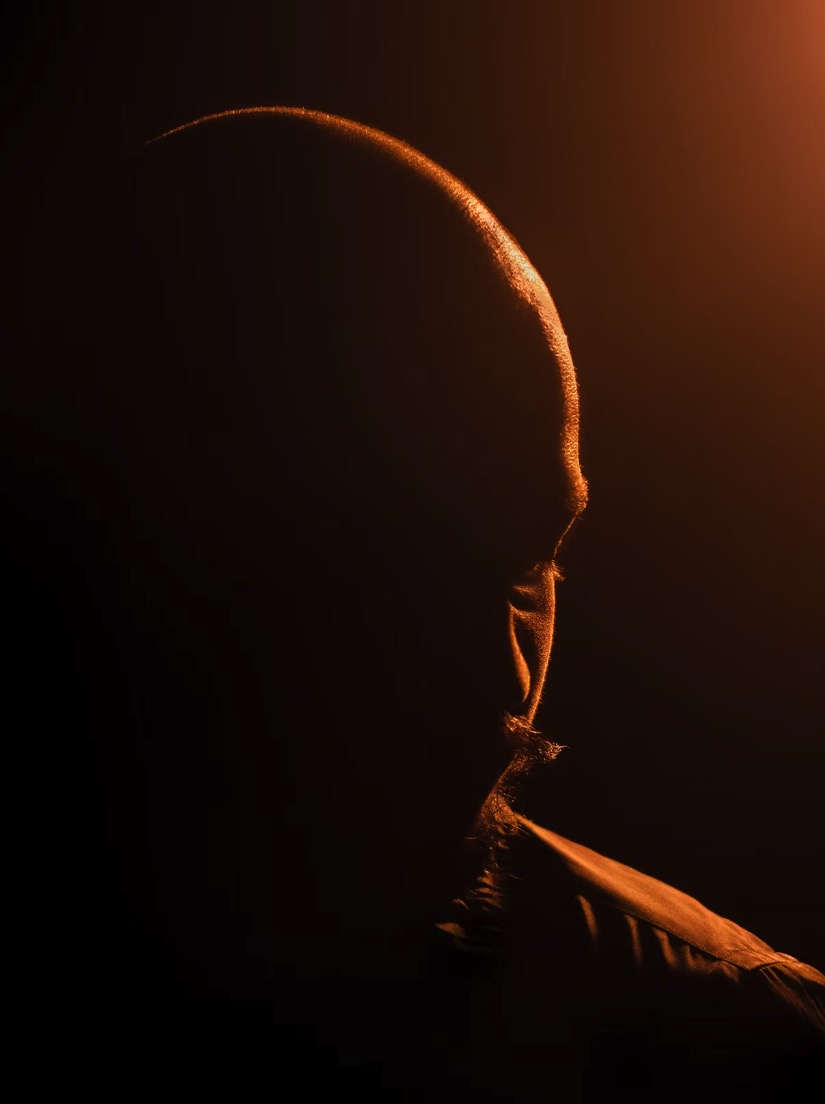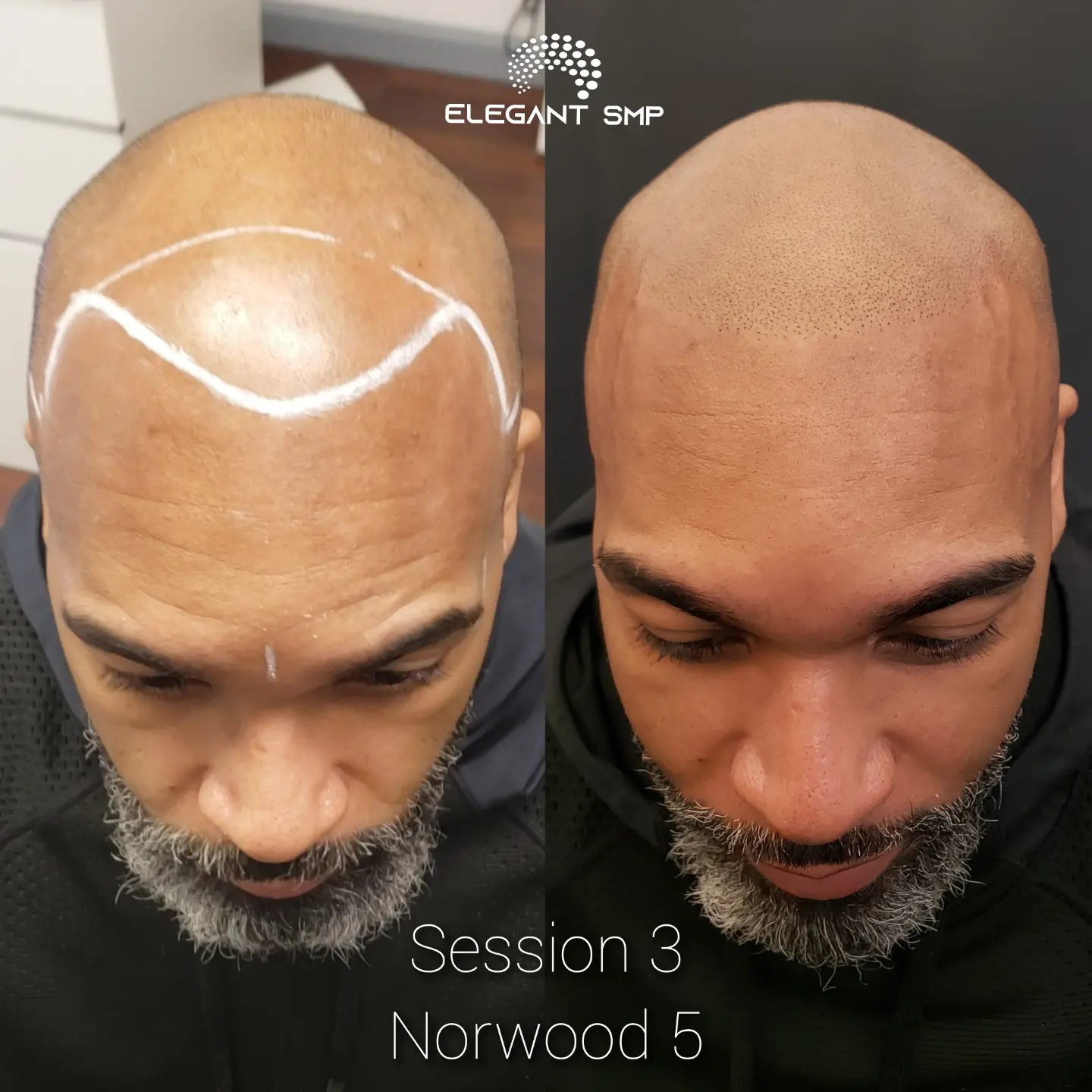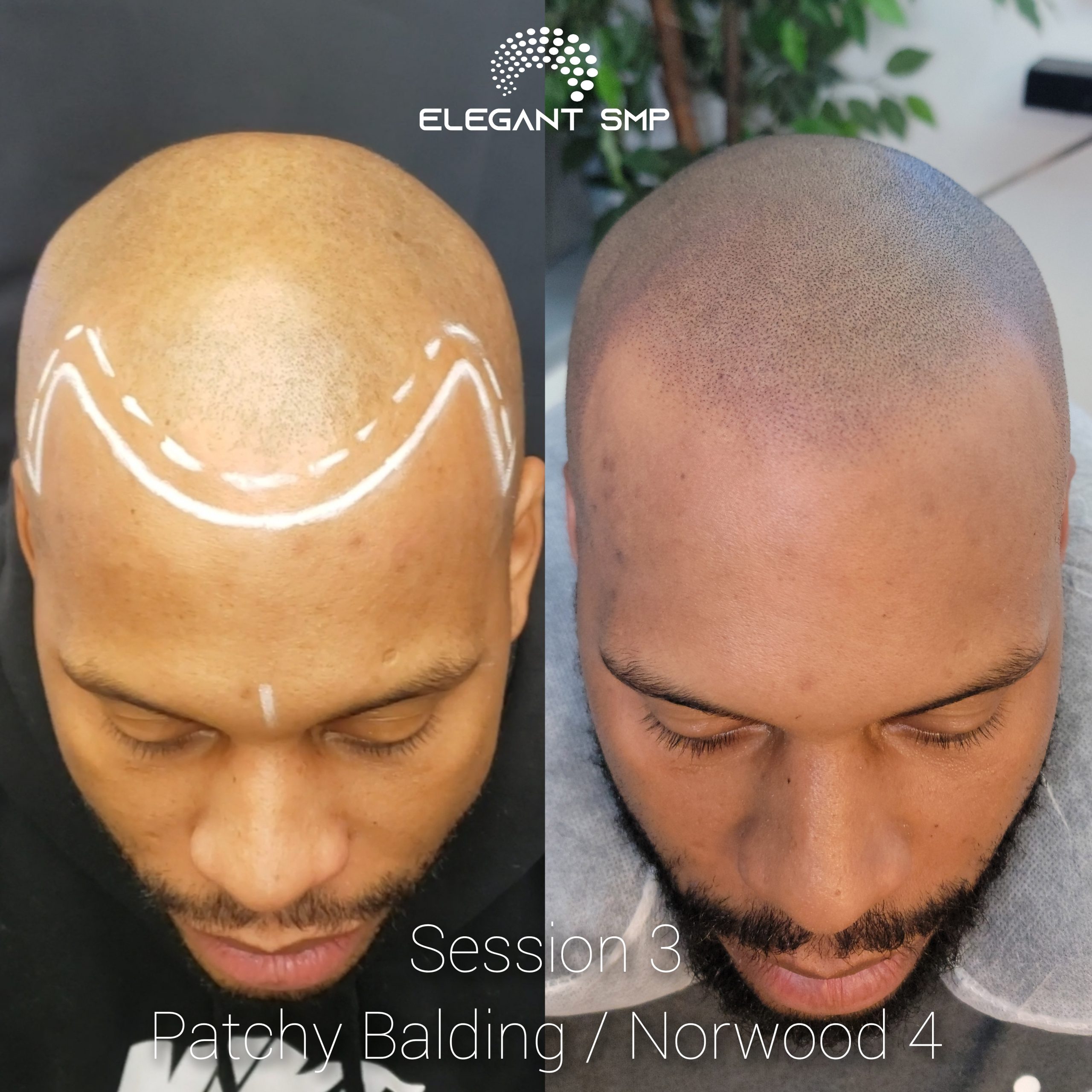As we celebrate the July 4th holiday, many individuals will be gathering with friends and family to enjoy festivities and perhaps indulge in a few drinks. While we believe in celebrating and having a good time, it’s important to understand the potential impact that excessive alcohol consumption can have on our overall health, including our hair. In this article, we delve into the topic of alcohol and hair loss, shedding light on the connection between the two and providing valuable insights to help you make informed choices about your well-being.
The information provided in this article is for educational purposes only and should not replace professional medical advice. Consult a healthcare professional for personalized guidance regarding your specific situation.
Table of Contents
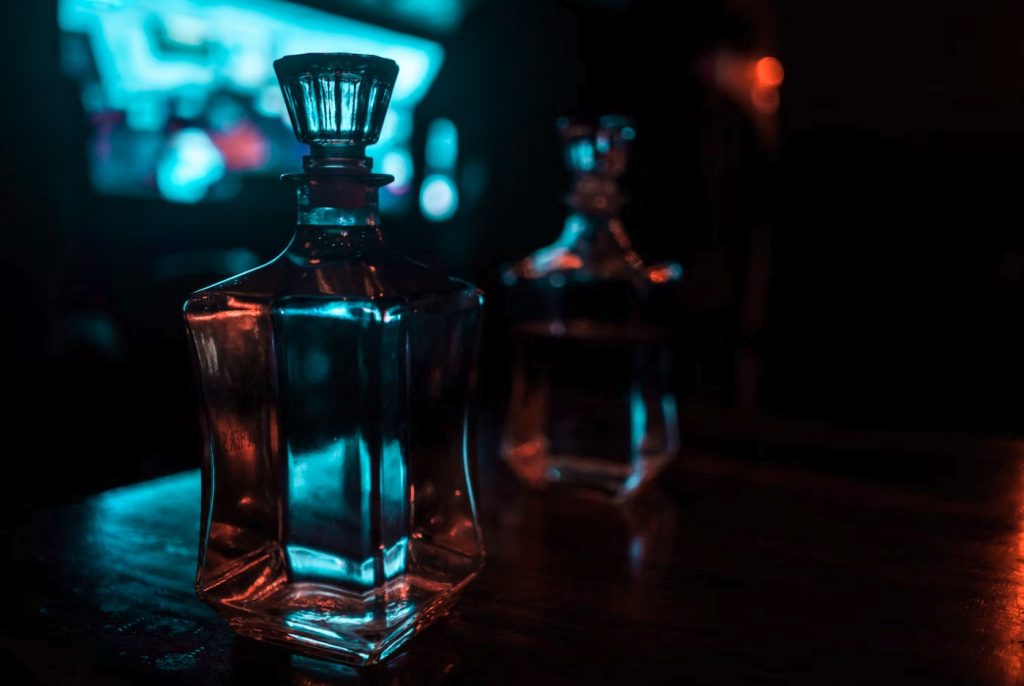
Alcohol and Hair Loss: Unveiling the Connection
It is not uncommon for individuals to question whether alcohol use can lead to hair loss. The truth is, excessive alcohol consumption can have detrimental effects on not just your overall health, but also your hair health. Let’s explore the factors contributing to alcohol-related hair loss.
What to Know About Alcohol-Related Hair Loss
When you consume alcohol in excess, it can affect every aspect of your body, including your hair. There are two main factors that attribute to hair loss associated with alcohol consumption:
1. Poor Nutrition: Alcoholism often leads to poor dietary choices and an unbalanced diet, resulting in inadequate nutrition. When you excessively consume alcohol, your body receives empty calories without the necessary nutrients. This is especially true if your alcohol intake primarily consists of beer or liquor. Consequently, your scalp and hair may suffer from the lack of essential vitamins, minerals, proteins, fats, and carbohydrates required for optimal hair health.
2. Impaired Nutrient Absorption: Alcohol interferes with the absorption of vital vitamins and nutrients in your body. Excessive alcohol consumption can damage the lining of your stomach and increase acid production in your digestive system, which hinders the proper absorption of nutrients. Furthermore, the diuretic effect of alcohol can lead to lower levels of potassium and magnesium, essential minerals for healthy bodily functions, including hair growth.
Exploring Other Connections Between Alcohol and Hair Loss
Apart from poor nutrition and impaired nutrient absorption, there are other ways in which alcohol consumption and hair loss are interconnected. Consider the following factors:
1. Dehydration: Heavy alcohol use can lead to dehydration, which has adverse effects on your hair. Dehydration can cause existing hair follicles to become dry and brittle, making them more prone to falling out. Additionally, dehydration can contribute to dandruff.
2. Blood Sugar Spikes: Alcohol consumption can lead to spikes in blood sugar levels, which have been linked to pattern baldness.
3. Sleep Disruption: Excessive drinking often leads to poor-quality sleep. Inadequate sleep can increase stress levels, which, in turn, can contribute to hair loss. Stress-induced hair loss, known as telogen effluvium, occurs when hair follicles do not replenish themselves properly, resulting in continued shedding.
4. Estrogen Level Changes: Research has shown a connection between alcohol use and increased estrogen levels, especially in men. Elevated estrogen levels can disrupt hair growth patterns, leading to hair-related issues.
Nurturing Hair Health: Tips to Mitigate Alcohol-Related Hair Loss
If you are concerned about hair loss due to excessive alcohol consumption, there are steps you can take to minimize the impact on your hair health. Consider the following recommendations:
1. Moderate Your Drinking: Cutting down on alcohol consumption is essential to reduce the negative effects it can have on your hair and overall health.
2. Adopt a Balanced Diet: Prioritize a well-balanced diet that provides the necessary vitamins, minerals, and nutrients for optimal hair growth. Include foods rich in biotin, iron, zinc, and omega-3 fatty acids to promote hair health.
3. Consider Nutritional Supplements: In consultation with a healthcare professional, you may opt to supplement your diet with vitamins and minerals specifically beneficial for hair growth and strength.
4. Embrace Sobriety: Ceasing alcohol consumption altogether can have a transformative impact on your hair health. By giving your body the chance to recover and absorb nutrients properly, you can restore your hair’s vitality.
Reversing Alcohol-Related Hair Loss
The good news is that hair loss caused by alcohol-related nutrient deficiencies is reversible. By abstaining from alcohol and adopting a nutritious lifestyle, you allow your body to receive the necessary nutrients for hair regrowth and improved overall health. It is important to note that restoring deficient nutrients and achieving healthy hair growth may take several months.
If you find it challenging to control your alcohol consumption, seeking professional help is crucial.
Conclusion: Your Hair Health Matters
Understanding the link between alcohol and hair loss is vital for making informed choices about your lifestyle and well-being. By acknowledging the impact of excessive alcohol consumption on your hair health, you can take proactive steps to mitigate hair loss and promote overall wellness. If you’re in the late stages of hair loss, consider the possibilities of scalp micropigmentation at Elegant SMP. We offer premier scalp micropigmentation services in Buffalo, NY, providing the most natural-looking and undetectable SMP treatment for hair loss. While you’re here, make sure to visit our recommended places to explore in our beautiful and unique city.
Remember, your journey towards healthier, fuller hair begins with responsible alcohol consumption and embracing a nourishing lifestyle. However, if you’re already bald or too far gone contact Elegant SMP today to discover how our well-sought-after scalp micropigmentation technique, known as the faded hairline, can give you the frame to your face you desire.

